Linux Kernel Programming. A comprehensive and practical guide to kernel internals, writing modules, and kernel synchronization - Second Edition Kaiwan N. Billimoria
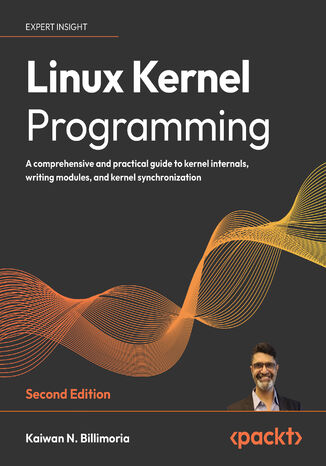

- Autor:
- Kaiwan N. Billimoria
- Serie wydawnicze:
- Learning
- Wydawnictwo:
- Packt Publishing
- Ocena:
- Stron:
- 826
- Dostępne formaty:
-
PDFePub
Opis
książki
:
Linux Kernel Programming. A comprehensive and practical guide to kernel internals, writing modules, and kernel synchronization - Second Edition
You'll begin this exciting journey by learning how to build the kernel from source. Step by step, you will then learn how to write your first kernel module by leveraging the kernel's powerful Loadable Kernel Module (LKM) framework. With this foundation, you will delve into key kernel internals topics including Linux kernel architecture, memory management, and CPU (task) scheduling. You'll finish with understanding the deep issues of concurrency, and gain insight into how they can be addressed with various synchronization/locking technologies (for example, mutexes, spinlocks, atomic/refcount operators, rw-spinlocks and even lock-free technologies such as per-CPU and RCU).
By the end of this book, you'll build a strong understanding of the fundamentals to writing the Linux kernel and kernel module code that can straight away be used in real-world projects and products.
Wybrane bestsellery
Zobacz pozostałe książki z serii Learning
Packt Publishing - inne książki
Dzięki opcji "Druk na żądanie" do sprzedaży wracają tytuły Grupy Helion, które cieszyły sie dużym zainteresowaniem, a których nakład został wyprzedany.
Dla naszych Czytelników wydrukowaliśmy dodatkową pulę egzemplarzy w technice druku cyfrowego.
Co powinieneś wiedzieć o usłudze "Druk na żądanie":
- usługa obejmuje tylko widoczną poniżej listę tytułów, którą na bieżąco aktualizujemy;
- cena książki może być wyższa od początkowej ceny detalicznej, co jest spowodowane kosztami druku cyfrowego (wyższymi niż koszty tradycyjnego druku offsetowego). Obowiązująca cena jest zawsze podawana na stronie WWW książki;
- zawartość książki wraz z dodatkami (płyta CD, DVD) odpowiada jej pierwotnemu wydaniu i jest w pełni komplementarna;
- usługa nie obejmuje książek w kolorze.
Masz pytanie o konkretny tytuł? Napisz do nas: sklep@ebookpoint.pl
Książka drukowana


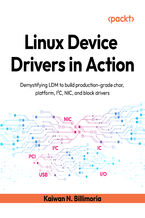

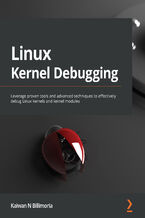

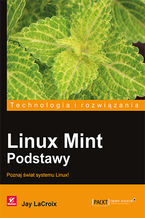
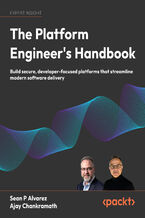

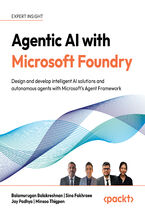
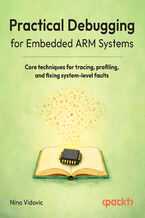

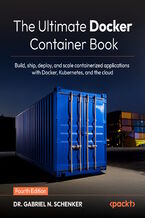
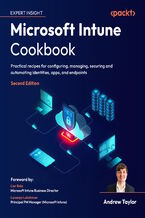
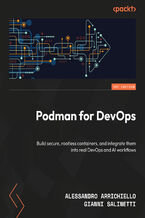

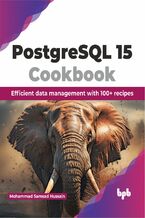
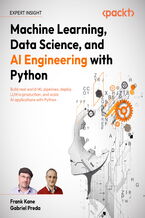
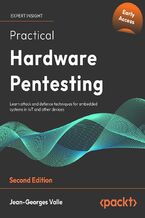
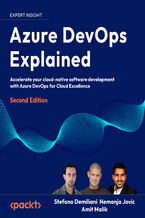

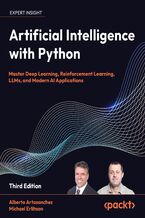
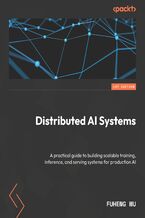
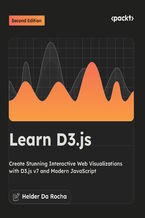
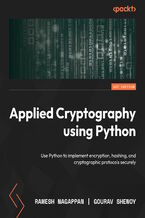






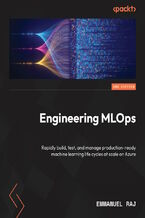

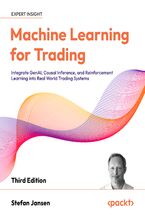
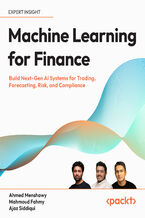

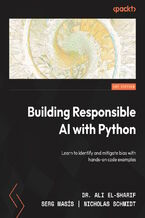
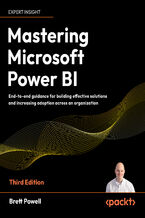
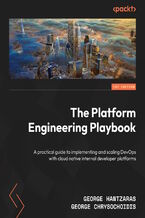


Oceny i opinie klientów: Linux Kernel Programming. A comprehensive and practical guide to kernel internals, writing modules, and kernel synchronization - Second Edition Kaiwan N. Billimoria
(0)